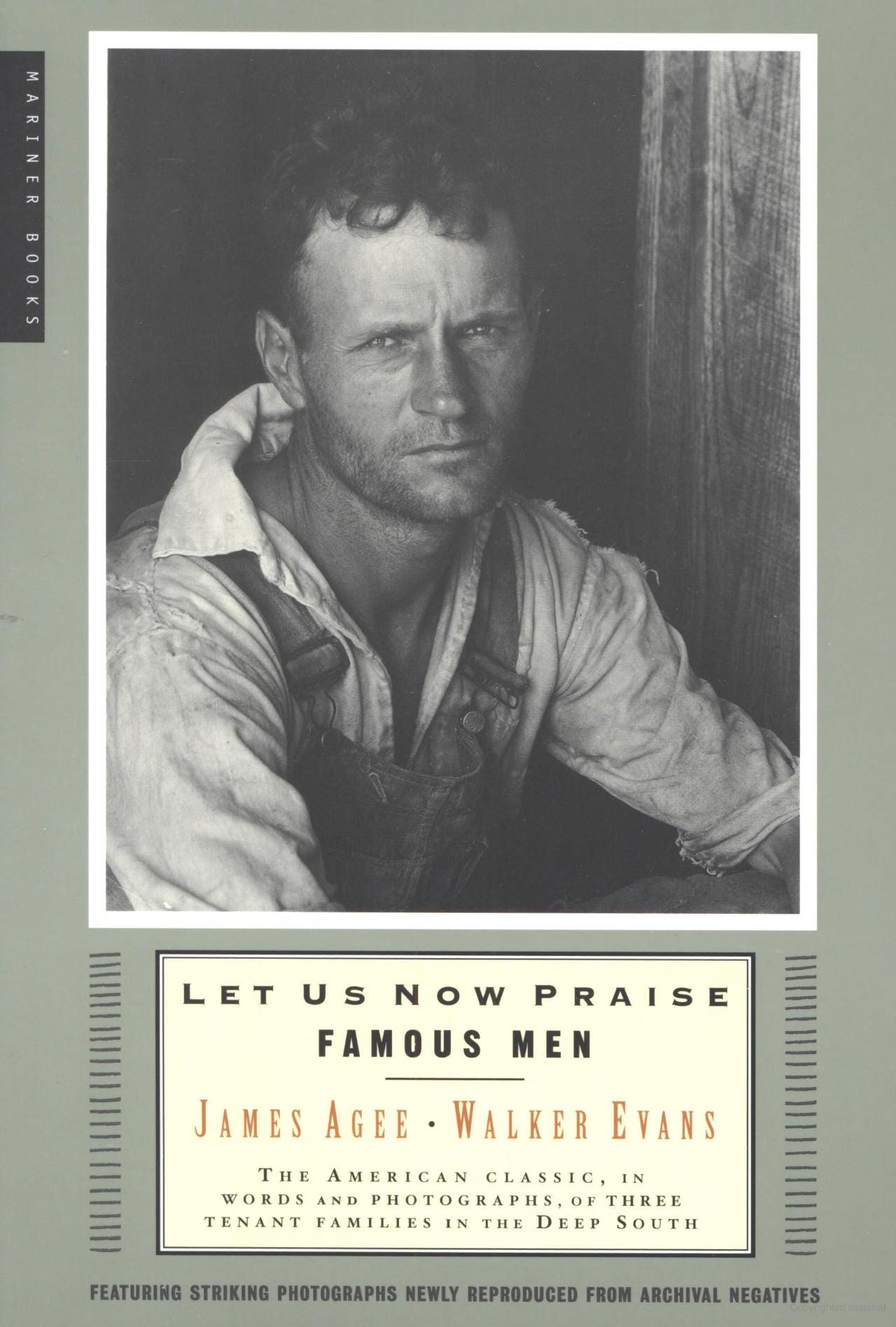“Certain Normal Predicaments of Human Divinity”
Let Us Now Praise Famous Men
Vladimir Nabokov did not like the novel of ideas. He made that known. Artists, great ones too, often have their idiosyncratic dislikes, usually contrary expressions of the unique aesthetic vision that drives their own work. Particularly, Nabokov did not like the work of those monuments of great-idea novels, Fyodor Dostoyevsky and Thomas Mann, though there is no reason his distaste should have excluded the novels of Albert Camus, say, or those of Andre Malraux, like Man’s Fate, which is, also, a political novel, something else Nabokov did not write. I have expressed my own wariness of political art, though I love all of the above mentioned, and don’t at all reject political art out of hand. “Political art” (I’ll now distance it, for consideration) represents some of the greatest artwork of human culture. Yet I am wary of political art in my initial regard because political art in its commonest form, which is common, tends to be long on the political and short on the art, and if what I …
Keep reading with a 7-day free trial
Subscribe to Homo Vitruvius by A. Jay Adler to keep reading this post and get 7 days of free access to the full post archives.



